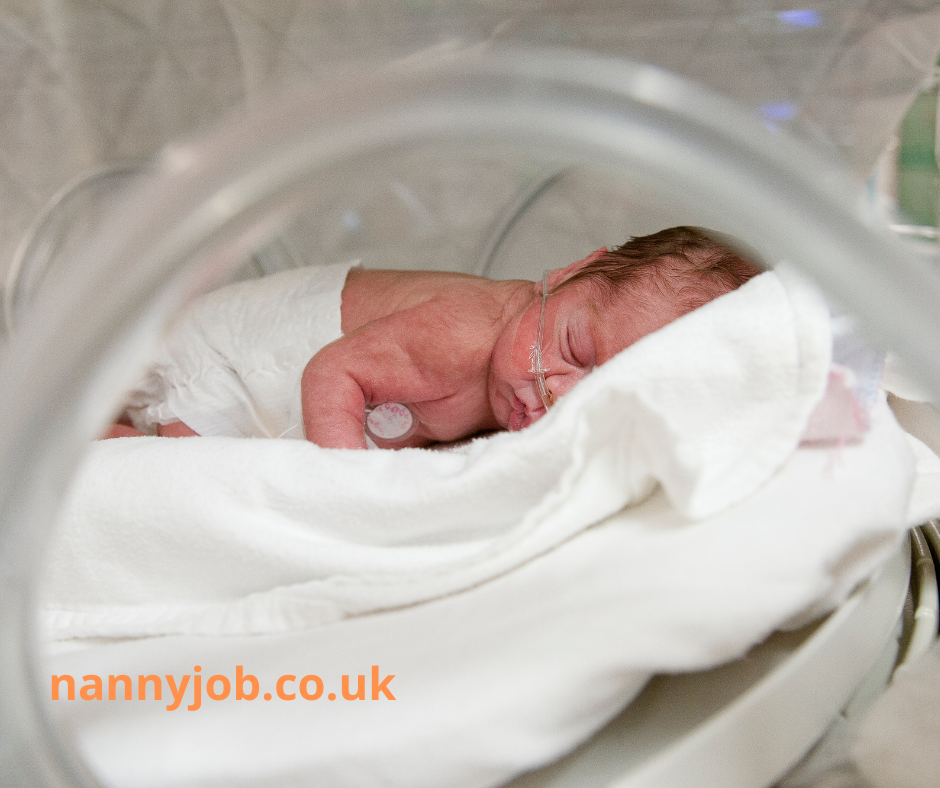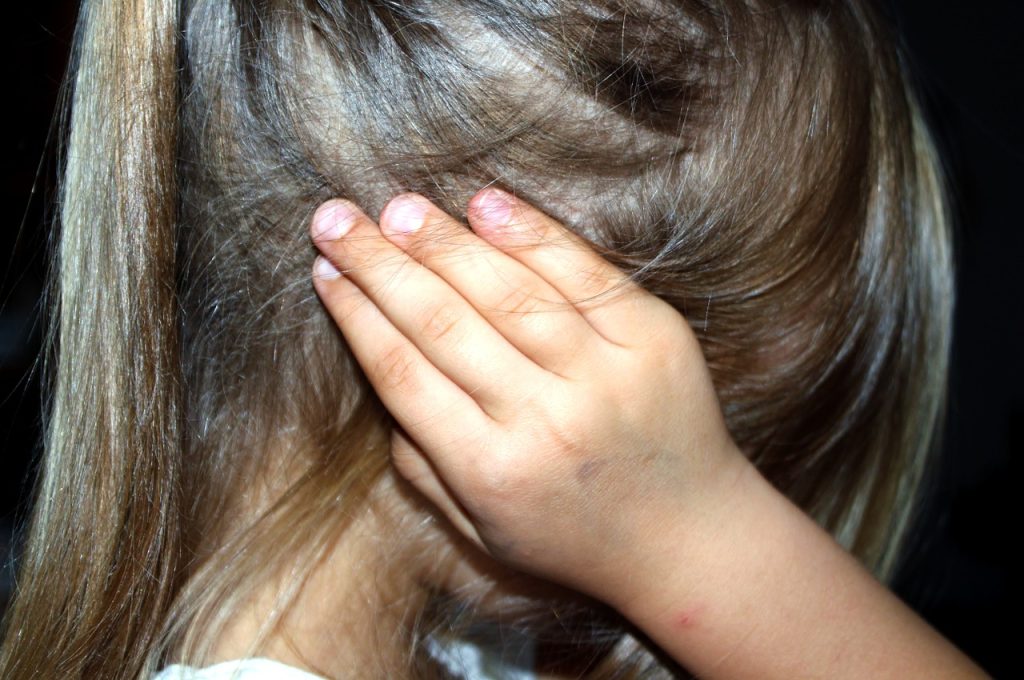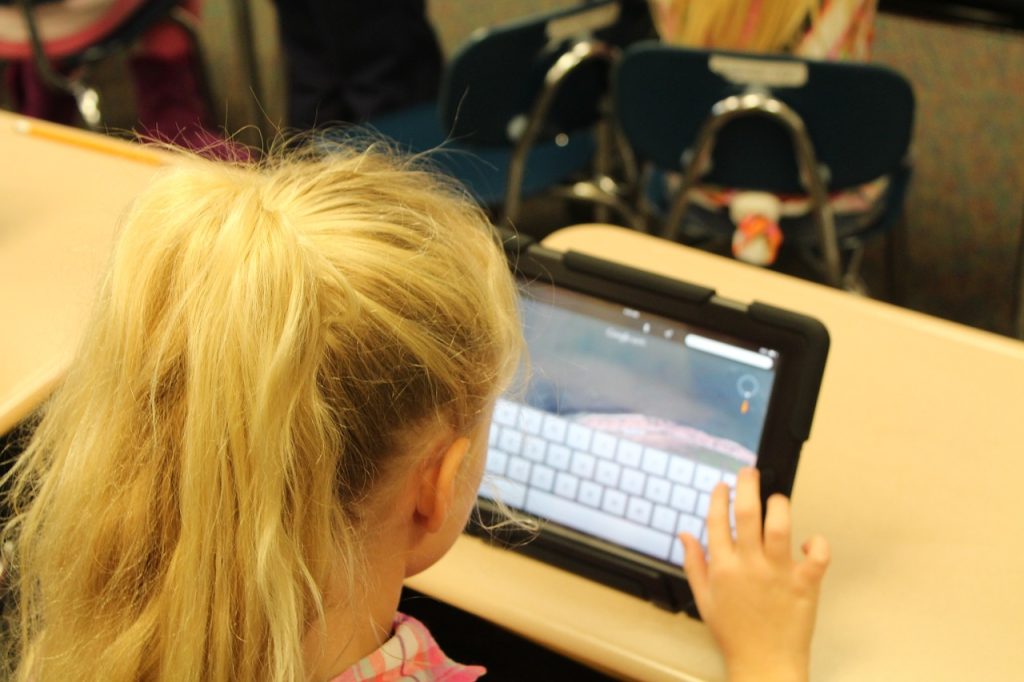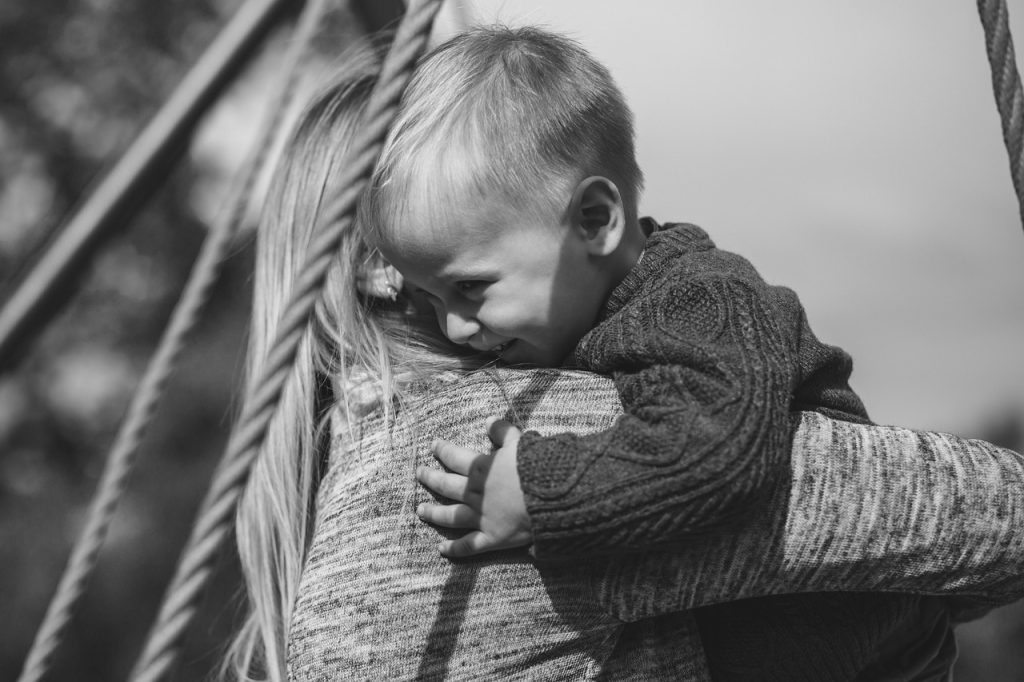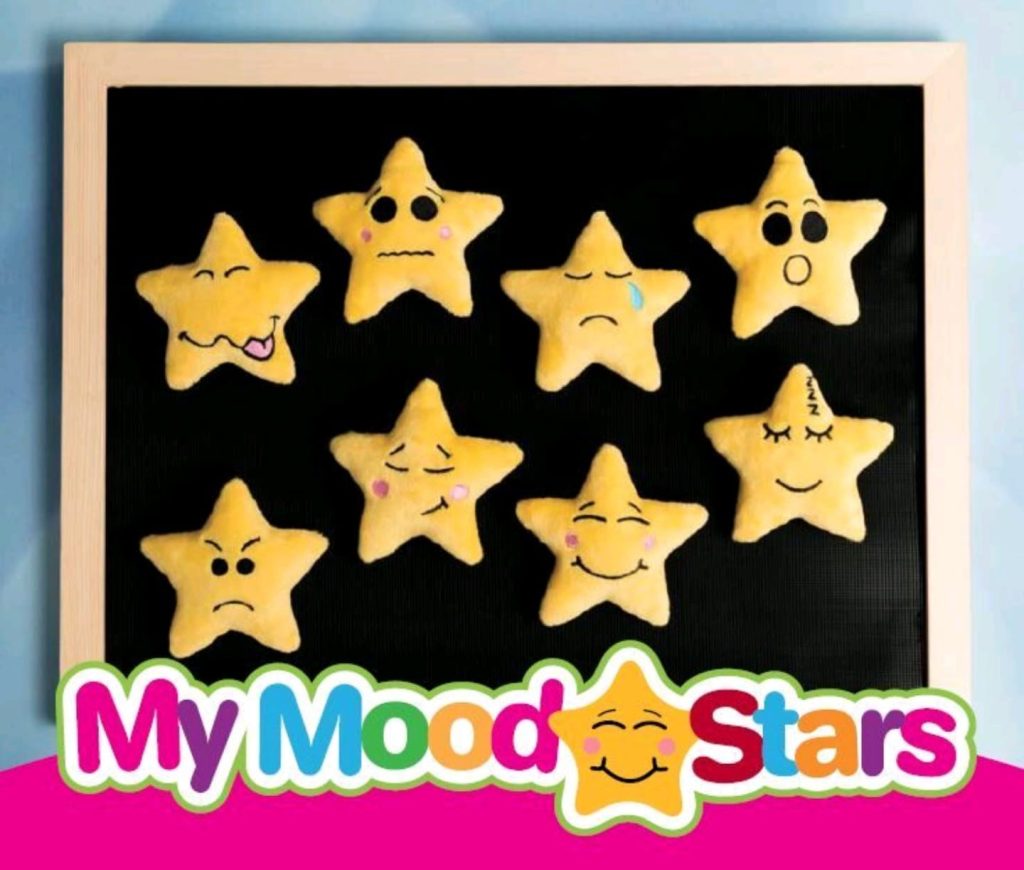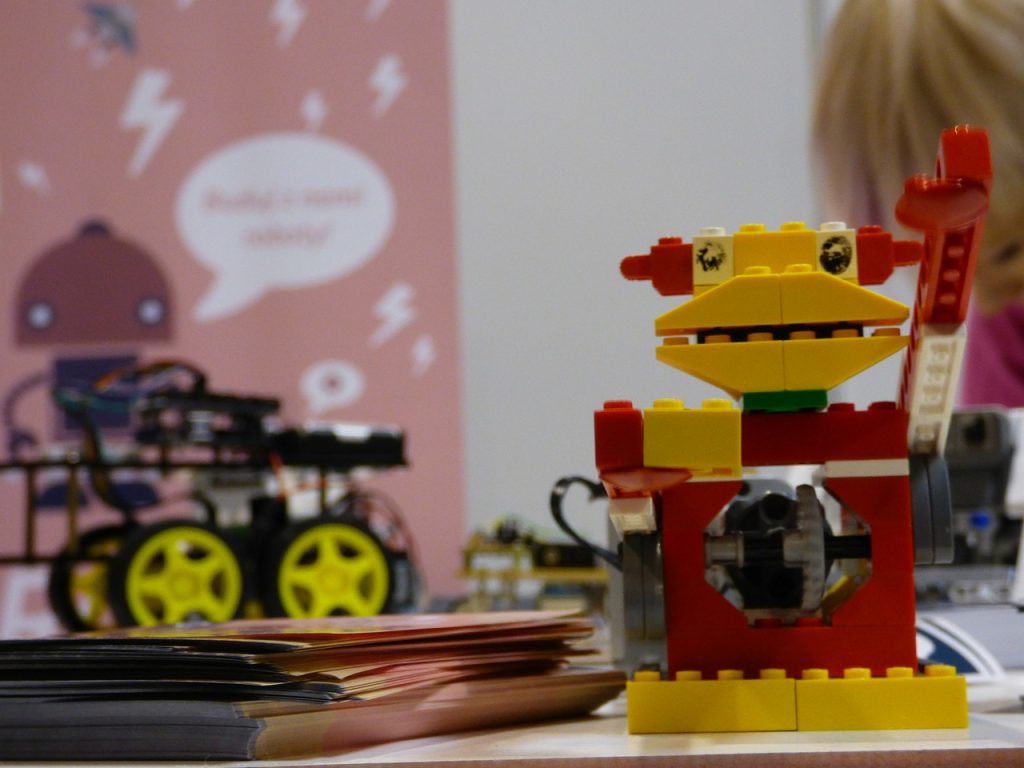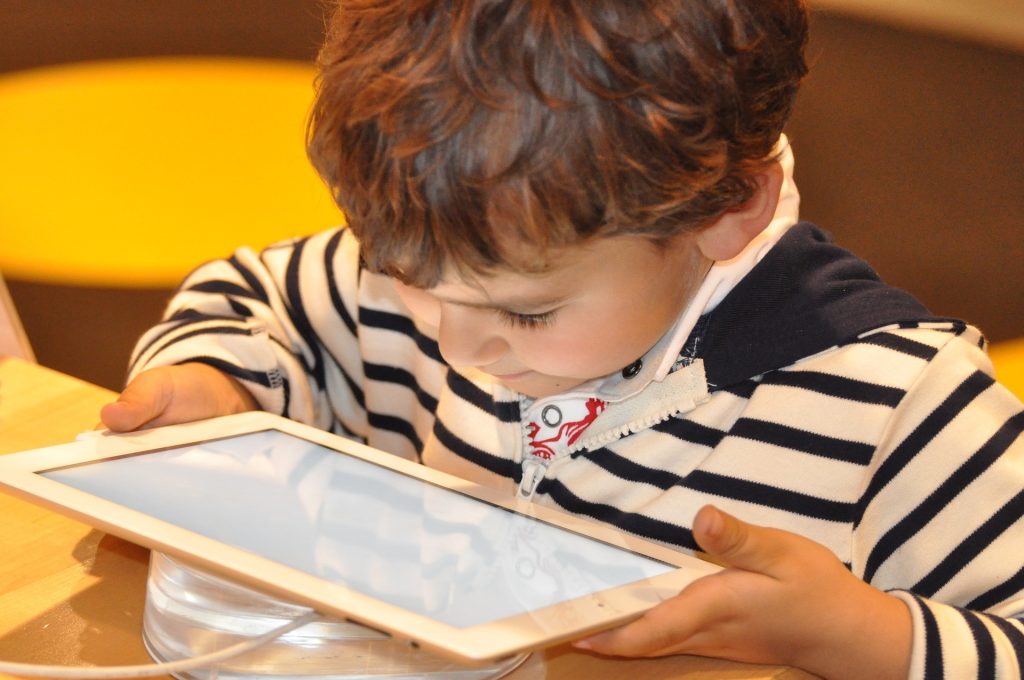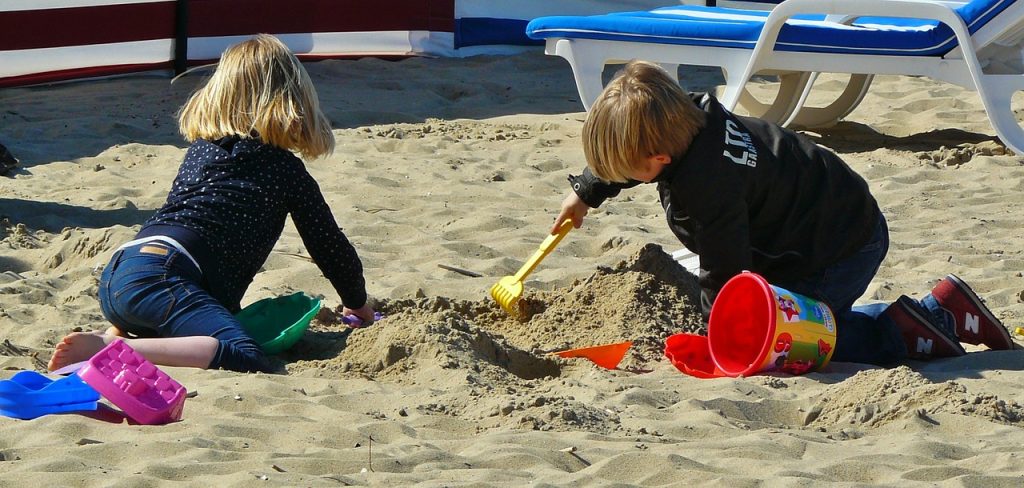A baby born before the 37th week of pregnancy is considered premature. Premature babies born at 35 or 36 weeks may be perfectly healthy but slightly smaller than expect but before that they may have not had time to fully develop in the womb and need to continue developing outside. The lungs are the last organ to develop, which is why mothers at risk of preterm labour are often given steroid injections, so a premature baby may need help breathing in the first weeks and their lungs remain fragile for some time.
A premature baby who had breathing difficulties may be at increased risk of catching certain infections, such as RSV which is common in children under 5. Your doctor is the best person to advise you on the risks to your child but there is a higher chance of catching an illness in a group setting, so a care provider who comes to your home such as a nanny or who cares for a small group of children such as a childminder might be safer in the first years of life. It’s important that care providers are made aware of prematurity as they should take corrected age, rather than actual age, into account when assessing development and may need to be especially careful about hygiene. Some childminders, for example, will accept children with minor illnesses but you may be uncomfortable with that if you child is prone to infections so you will need to come to an agreement.
A good childcare provider will use their knowledge of healthy, term infant and child development to monitor progress bearing the adjusted age in mind. Most childcare courses cover child development in detail and, as premature babies may show some developmental delay, it’s important to bear the need to identify key milestones in mind when choosing a childcare provider, particularly a nanny where no minimum qualification is needed. One thing that can be difficult as a parent of a premature child is the temptation to make comparisons with other children. This is particularly obvious in a nursery setting where many children of the same age are grouped together but it’s important to remember that each child develops individually right from conception and a corrected age rather than actual age is more important up to the age of two.
It can be very difficult to take the decision to leave a child who was premature in childcare. Parents who are used to taking extra care with their baby may find it harder than usual to leave them with someone else, even when it is a professional child carer. You may need a longer settling in or handover period to adjust both baby and parent to the new circumstances.
Although prematurity can have lasting effects many babies are perfectly healthy and show only a slight delay so although it’s important to bear the circumstances surrounding their birth in mind, particularly when assessing development, most need no more care than a baby of their corrected age when entering childcare

